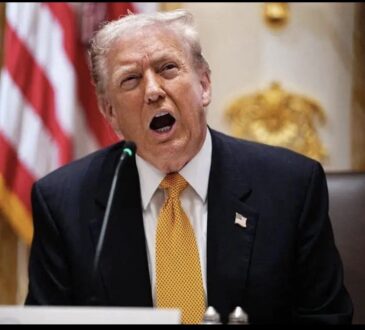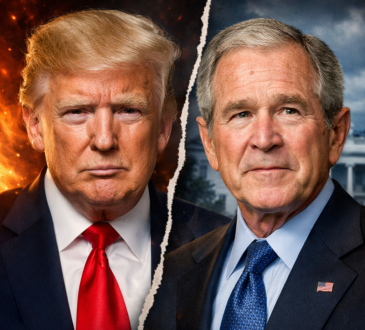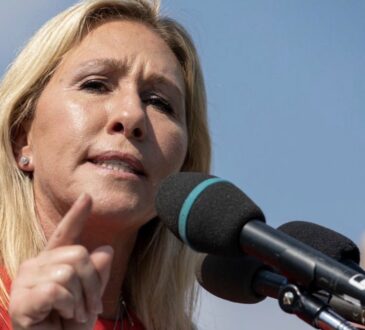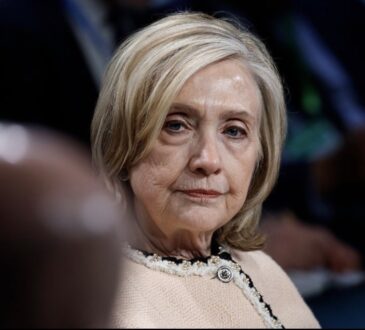
In July, Donald Trump signed a new law that he described as a “big, beautiful” bill. He promoted it as something great for American families, workers, and the economy. Some of the highlights the White House pointed out were that there would be no taxes on tips or overtime pay, a \$12.5 billion upgrade to the air traffic control system, and a permanent increase in the Child Tax Credit to support over 40 million families.
But there’s a part of the law that hasn’t gotten much attention until now — a new fee that could make it more expensive for tourists and other visitors to come to the United States.
This fee is called the “visa integrity fee,” and it will be added on top of the usual costs of getting a U.S. visa. Most people coming from countries not part of the Visa Waiver Program (which lets certain travelers visit the U.S. without a visa) must apply for a visa before visiting. This usually involves filling out paperwork, paying existing fees, and going through an interview.
With this new law, many of those travelers — including tourists, business visitors, and international students — will have to pay an extra \$250 just to get a visa. And that amount could go up in the future because the Secretary of Homeland Security can raise it and adjust it for inflation. This fee is in addition to the regular visa application fee and the Form I-94 fee, which recently went up from \$6 to \$24.
So overall, visiting the U.S. could become significantly more expensive for people who need a visa, and this might make some tourists decide not to come at all.
There is a chance people could get their money back — but only if they follow all the rules of their visa and wait until it expires. This means the government is using the fee as a way to encourage people not to overstay their visas. If you follow the rules, you might be reimbursed, but that won’t happen until much later.
The Department of Homeland Security says this new rule is part of Trump’s plan to strengthen and restore the U.S. immigration system. However, the fee hasn’t gone into effect yet, and it’s still unclear when it will. Immigration experts say there are a lot of questions that still need to be answered before it can be put in place. It also requires cooperation between several government agencies, which takes time.
People from countries in the Visa Waiver Program won’t have to pay this new fee. These countries include places like the United Kingdom, Australia, Japan, France, Germany, and many others mostly in Europe and a few others such as South Korea and Singapore. Travelers from these countries can still visit the U.S. without a visa, as long as they meet certain conditions.
In short, this new visa integrity fee is a hidden part of Trump’s new law that could have a major effect on international tourism to the U.S., especially for people from countries that don’t have visa-free access. While the goal is to make sure people follow the rules, it also makes visiting the U.S. more expensive and uncertain for millions of travelers.




